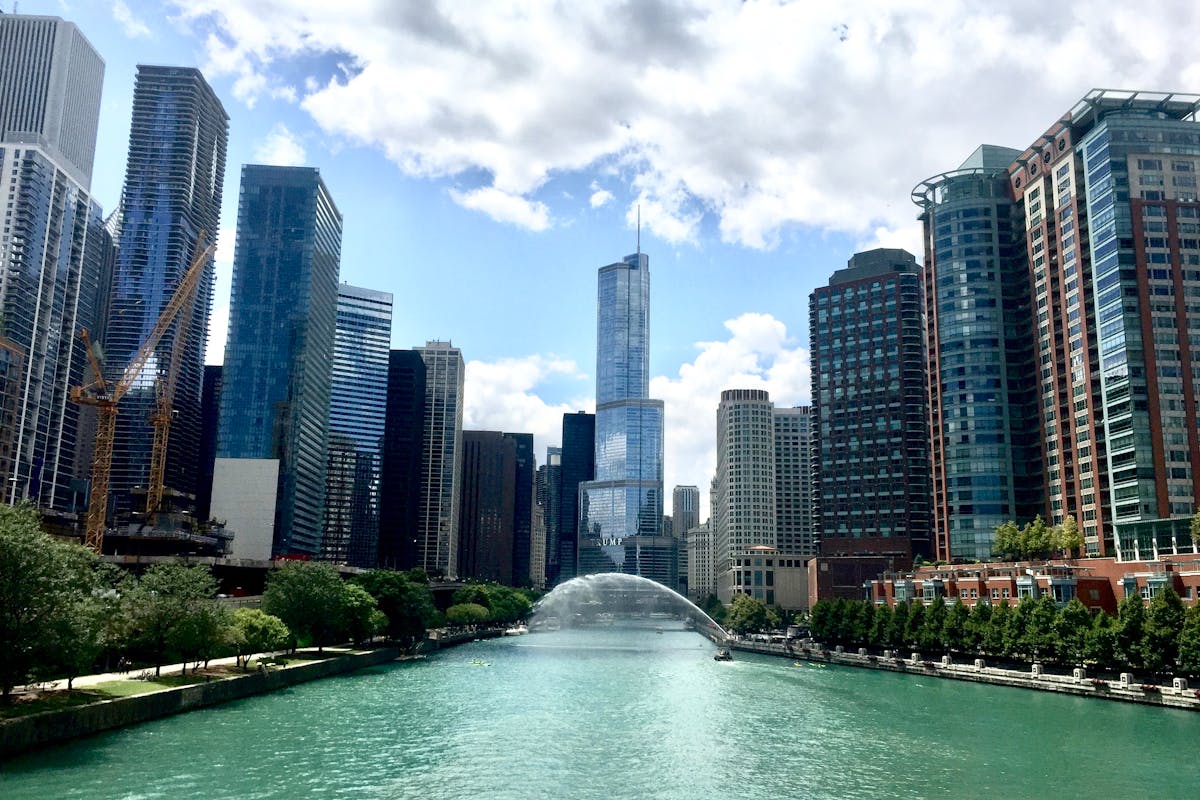Table of Contents
Chicago is known for its grit, its neighborhoods, and its endless reinventions. But beneath the skyline and headlines lies a crisis that’s harder to spot. For thousands of city residents, addiction quietly reshapes daily life, compounded by poverty, trauma, and unstable housing.
While some find their way to treatment, many are left behind, especially in underserved areas where recovery programs are scarce, waitlists are long, and stigma runs deep. In a city that prides itself on resilience, access to recovery should be a right, not a privilege.
The Link Between Recovery and Survival
For Chicagoans in lower-income neighborhoods, they face stacked odds. Systemic inequality shows up in everything from housing to healthcare. Addiction, when paired with these challenges, isn’t just a personal battle—it’s a structural one.
Local grassroots organizations, church basements, and non-profits have filled some of the gaps left by public services. Yet, many residents report that even finding a safe space to reflect and reconnect with a sense of purpose is hard to come by. That’s where spiritual tools rooted in reflection can become powerful in long-term recovery, especially when clinical resources are limited.
When people have access to meaningful support—whether it’s through peers, mentors, or daily practices—they’re better positioned to stay committed to recovery. And in many communities, support begins with reclaiming one’s mental and emotional space through spiritual and personal growth.
Rebuilding Through Reflection
Recovery doesn’t follow a single path. While some people benefit from inpatient care or medication-assisted options, others find strength in daily routines built around reflection, spiritual grounding, and peer support. Programs rooted in the 12 steps, for example, combine personal growth with practical behavioral change.
Consistent spiritual reflection offers meaningful structure in a recovery journey. Unlike clinical interventions, it doesn’t require appointments, insurance, or institutional access. It builds quiet strength and stability, especially when other supports fall short.
The appeal of self-guided reflection is growing, especially among those who may feel alienated by traditional systems. In neighborhoods with limited access to care, daily introspection and community-based encouragement can be enough to help someone push through difficult moments. It’s not just about staying sober—it’s about rebuilding identity in a way that feels sustainable.
Reflection also opens the door to resilience. For many, taking even a few moments each day to review thoughts, emotions, and intentions helps build clarity. That clarity becomes a cornerstone of decision-making, allowing individuals to respond instead of react to stressful situations.
Housing Instability Makes Recovery Harder
Sobriety is hard enough. Doing it without a stable place to live makes it exponentially more difficult. Many Chicagoans on a recovery path also face housing insecurity, including couch-surfing, overcrowded homes, or temporary shelters.
Having access to stable housing options in Illinois becomes a key piece of this puzzle. Stability doesn’t guarantee recovery, but it creates the breathing room needed to stay on track. Without it, the stress of survival can pull someone back into destructive cycles, regardless of their intentions.
The relationship between housing and sobriety is more than anecdotal. Studies consistently show that those with secure housing are far more likely to maintain sobriety and avoid relapse. Safe, stable environments reduce stress, support mental health, and help people focus on their progress rather than just surviving day-to-day.
A lack of housing often leads to unstable routines, which can make it difficult to hold down a job, attend recovery meetings, or even get a full night’s sleep. With each layer of instability, the effort required to maintain sobriety multiplies. This is why integrated recovery services increasingly emphasize housing as a core component, not an optional benefit.
Community-Based Solutions Work Best
Top-down programs often miss the nuances of what struggling communities actually need. That’s why many of the most effective recovery initiatives in Chicago are local. They’re created by people who understand the neighborhood, speak the language, and show up consistently.
Peer-led meetings, street outreach, and neighborhood wellness hubs help make recovery more approachable. They offer trust where institutions have sometimes failed. When those efforts are paired with free or low-cost resources that emphasize self-guided reflection, their reach multiplies.
Some neighborhoods have even developed mobile wellness vans or pop-up recovery meetings in parks and libraries. These community-first approaches are nimble, cost-effective, and built on relationships. They prove that a successful recovery infrastructure doesn’t always require million-dollar funding—just commitment and consistency.
Chicago’s local efforts have also benefited from partnerships with schools, food pantries, and neighborhood councils. These alliances increase access points for residents in need, reducing barriers to support. Collaboration among trusted community stakeholders helps ensure services are not only available but also actually used.
The Bigger Conversation Chicago Needs
It’s time to treat recovery not just as a healthcare issue but as a community investment. This means funding wraparound services, normalizing mental health conversations, and giving underserved neighborhoods more than lip service. It also means recognizing the value of low-barrier, spiritually grounded tools that people can use on their own terms.
Chicago’s recovery landscape isn’t perfect. But in its quiet corners, real progress is happening. People are rebuilding their lives with the help of each other—and with tools that start from the inside out.
Ending addiction isn’t just about eliminating substances. It’s about rebuilding purpose, relationships, and safety. For that, reflection isn’t just helpful. It’s essential.


